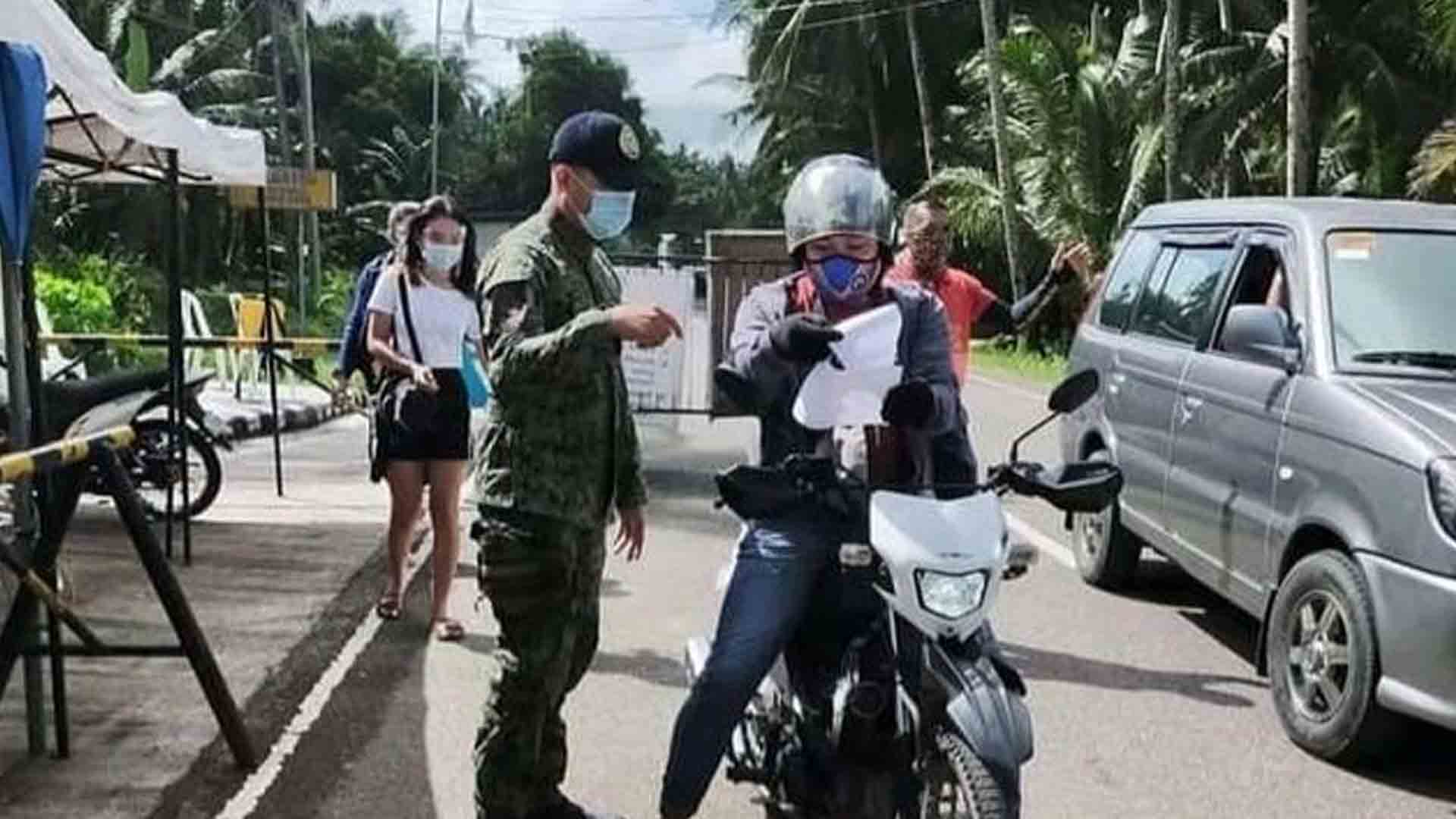The national government will not be easing quarantine classifications immediately after it kicks off its Covid-19 vaccination drive, a Palace official said Wednesday.
In an interview over PTV-4, Cabinet Secretary Karlo Nograles said that even if a few people have started getting vaccinated, quarantine classifications will only be relaxed after a significant decrease in Covid-19 cases.
Currently, Metro Manila, Batangas, Tacloban City, Davao City, Davao del Norte, Lanao del Sur, and Iligan City are under general community (GCQ) quarantine status for the entire month of February.
The Cordillera Administrative Region (CAR) is also under GCQ until the end of the month as most of the UK variant cases in the country are recorded in the northern region.
The rest of the country is under modified GCQ, the least stringent quarantine classification.
“Bakit ba tayo nasa GCQ at MGCQ? Dahil sa number of cases di ba, dahil sa growth rate ng virus, dahil sa attack rate ng virus, dahil sa ating hospital facilities kumbaga yung occupancy at healthcare capacities. So, yun ang naging factor. Paano ba bababa ang isang lugar from GCQ to MGC? ‘Yan pag medyo maayos na at bumaba ang lahat ng mga rates na yan (Why are we still in GCQ and MGCQ status? Because of the number of cases, because of the growth rate and the attack rate of virus, because of our occupancy and healthcare capacity. So, those are the factors. How does the status downgrade from GCQ to MGCQ? That’s when the situation improves and those rates decrease),” he said.
However, Nograles expressed confidence that Covid-19 cases will slowly start to decrease once the vaccination drive starts.
“Kung magkakaroon po ng massive rollout ng vaccination, bababa po yung cases of infection. So yun pa rin ang magiging basis. Ang effect of the vaccination rollout inaasahan ng lahat ng mga bansa sa buong mundo, unti-unting makikita natin na bumababa ang kaso kasi nagkakaroon ng tinatawag na herd immunity within communities (When massive rollout of vaccination starts, cases of infection will go down…The whole world is expecting the effect of vaccination, we can slowly see cases decreasing which will eventually result to herd immunity within communities),” he said.
He also warned the public against the purchase of fake Covid-19 vaccines.
“Wala pa tayong bakuna right now dito sa bansa. Kung may nagaalok sa inyo, that means illegal yun kasi wala pa tayong natatanggap (We still have no vaccines right now in our country. If somebody offers you, that means illegal because we have not received any vaccine),” he said. “It’s very easy to determine na fake at ilegal yan kasi sa point in time ngayon wala pa tayong vaccine. So, lahat yan na umaalok sa inyo, lahat po yan peke. Hindi namin ma-guarantee sa inyo kung ano ang nilalaman ng vial na yan (fake and illegal because we still have no vaccines yet. So, all that will be offered are fake. It is not guaranteed what is the content of that vial).”
The first 117,000 doses of Pfizer and BioNTech’s vaccine will arrive in the Philippines in mid-February, courtesy of the COVAX Facility led by the World Health Organization (WHO).
The country is also expected to receive at least 5 million doses of AstraZeneca vaccines from COVAX.
Under the government’s prioritization list, frontline workers in health facilities both national and local, private and public, health professionals and non-professionals like students, nursing aides, janitors, barangay health workers will be the first sector to receive the Covid-19 vaccine. (PNA)





















